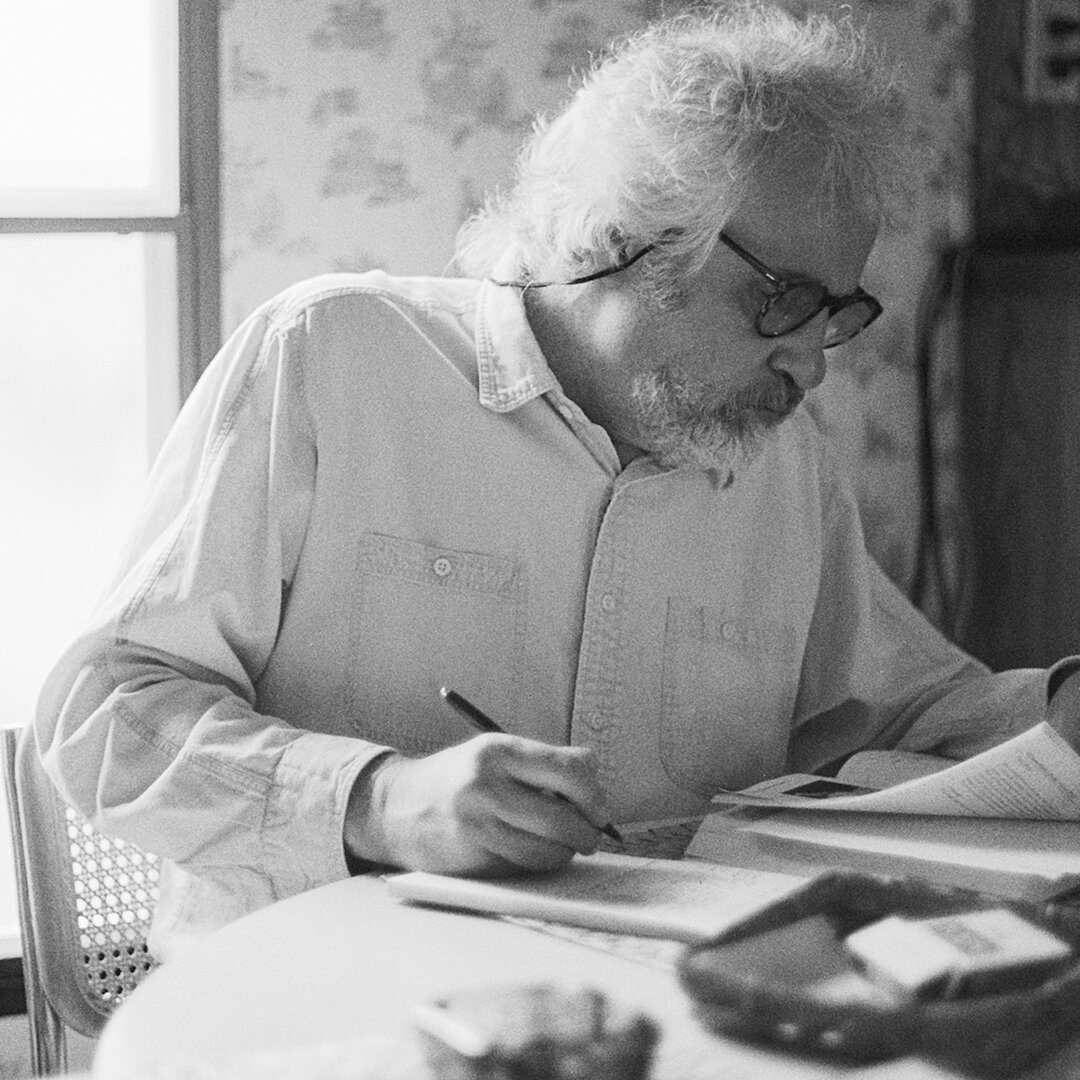Literary Fiction; ISBN: 978-0999777718; Pages: 66; Published June 2, 2019
The Thing In Packy Innard's Place by David Omer Bearden
David Omer Bearden’s last piece of writing was his magnum opus. The Thing In Packy Innard’s Place—is an innovative novel of adroit storytelling. A picaresque? A satire? A work of high-fantasy? A dystopian fiction infused with aspects of the quotidian? It exhibits all of these elements yet remains a hard book to classify.
Bearden, who for much of his life worked outside the conventional literary status quo, has produced a fey tale based upon his final years spent living in Scranton, Pennsylvania. After his life in the limelight as a widely-traveled poet and musician, he settled into the closed and shuttered city of Awoken. Whether schmoozing at a local Irish bar or redemptively working as the night manager and caretaker for a homeless shelter—he is a close observer of both scenes. As for the city of Scranton itself, he poetically describes its people, its architecture, and its natural setting with precise detail, intelligent wit, surrealist imagery, and inventive lingo.
Stylistic comparisons in the book can be made to James Joyce’s logophilia, Philip Lamantia’s surrealist poetry, and Vladimir Nabokov’s elaborately long sentences. Bearden’s own love for vocabulary while coupled with his use of everyday spoken language are on display throughout The Thing In Packy Innard’s Place. He handles words by their roots—to be pushed, pulled, chopped, re-ordered, re-invented, and expanded into new ideating forms.
Order the book today (available in paperback and e-book):

David’s work is filled with allusions but is entirely his own vernacular, as if the language itself is his shelter from the storm. The Thing In Packy Innard’s Place moves me to tears; it is a tender requiem to the wounded and the sad.
— Nicholas Tolkien
“The Thing In Packy Innard's Place was the last mature achievement that David lived to complete . . . He had language crackling through his cortex, and shimmering from his fingertips like a St. Elmo's fire of the soul. He occupied the essence of Poet. By the time he wrote The Thing in Packy Innard's Place, his poems had become transmogrified into paragraphs, but his paragraphs can hardly be regarded as prose. Meter there was truly his march to a different drummer.”
— Dion Wright
“In his final work, David Bearden casts a “dure-eye” on the barflies of a local tavern that he frequented and a sympathetic one on the denizens of the homeless shelter where he worked. The result is The Thing In Packy Innard’s Place—a work of high fantasy informed by an affinity for the quotidian. As a stranger in their midst Bearden’s narrator evokes a hypnagogic vision of the lives of the people of Scranton, Pennsylvania as well as the city’s history and natural environs”
— Robert Dumont
“The Thing In Packy Innard's Place certainly has a place among experimental, avant-garde writings both for his evident broad acquaintance with various contemporary, at the time, cultural nuances and events, as well as his embrace of literally funky world spaces. I can dig from that read why he would have admired Lamantia because there is more than a trace of neo-surrealistic prose to find in his made language.”
— Gerd Stern

About the Author
David Omer Bearden is the surviving brother of twins born in the desert town of Blythe, CA in 1940. He dedicated his creative life to writing poetry, starting from the post-Beat era, until he passed away in 2008 in Scranton, Pennsylvania. From 1958-1962 he studied English Literature at the University of Tulsa, where he discovered the writings of the “Beats” and began publishing his own poems in numerous literary magazines and journals. Bearden published three poetry chapbooks of his own: So Long at the Fair & Down at the Palomino Club & Other Poems, 1976, The Rosace in a Star Chamber, 1981, and Redress, 1983. He edited and published anthologies Le Feu Du Ciel, 1965, and Smoking Mirrors, 1974, as well as Dominion, a collection of poems by Alan Russo in 1977. A novel titled The Thing In Packy Innard’s Place was the last manuscript he completed in 2007. He is known as the “Apocalypse Rose.”
To learn more about the author visit: davidbearden.com






